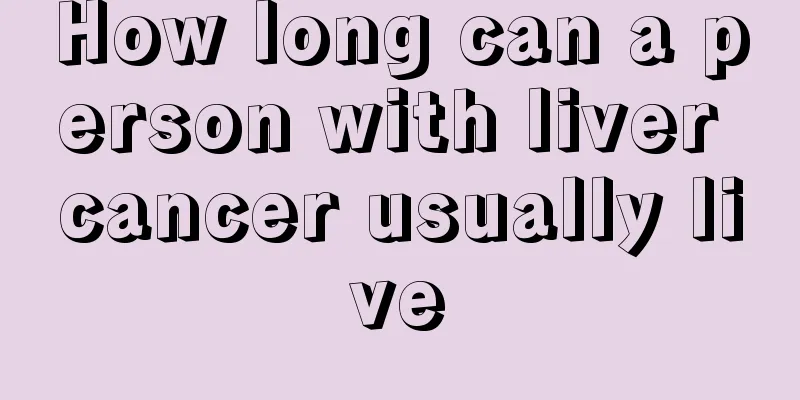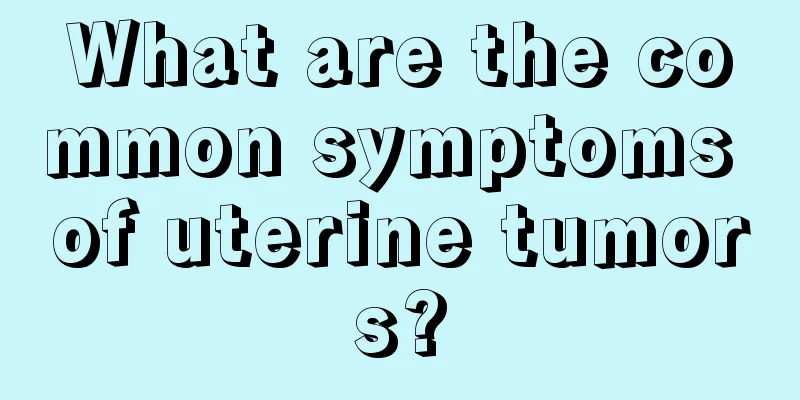Tonsillar white membrane

|
Tonsillar white membrane, that is, the protective pseudomembrane. This is a common white substance after tonsil surgery. It is not recommended to treat it unless there are special circumstances. On the contrary, if you handle it blindly and rush for results, it may fall off due to external force and easily cause heavy bleeding. In short, under normal circumstances, the white membrane of the tonsils can recover on its own. If the patient is worried, it is recommended to follow the doctor's advice. The white substance on the wound after tonsillectomy is a protective pseudomembrane produced after the operation. Generally, it does not need to be treated. If it is removed by external force, it is easy to cause bleeding. Generally, the white film will fall off slowly by itself. It is a membrane that protects the wound surface, so don't worry and don't treat it. The white membrane after tonsillectomy is a manifestation of local tissue repair, equivalent to skin scab. Other oral surgeries that damage the oral mucosa may cause white film, which is a normal reaction. The white membrane after tonsillectomy is normal. It starts to fall off in 5-7 days and falls off completely in about 2 weeks. After tonsillectomy, you need to eat soft food, rinse your mouth frequently, and use antibiotics. After tonsillectomy, patients experience pain in the surgical wound and uncoordinated swallowing movements. Therefore, you should eat slowly, take small sips, and swallow slowly. Do not swallow too hard or too fast to prevent pain in the surgical cavity and choking caused by accidental swallowing of liquid food into the trachea. (Choking, coughing, holding breath, etc. can all cause the patient's blood pressure to rise, and the face to turn red or purple, which can lead to bleeding in the tonsil surgery cavity). The albuginea begins to fall off about one week after surgery. This is also the time when the surgical wound is easily damaged and bleeding, but the patient's body begins to recover and his appetite also recovers significantly. Having a craving for foods you used to enjoy. Special attention should be paid to avoid eating spicy and hard foods such as fried foods, hot pot foods, etc. Wait until the white film on the surgical wound is completely shed and the mucosa is basically normal, and then you can eat normally about 10 days after the operation. |
<<: What are the early symptoms of thyroid
>>: Tonsils 1st degree enlargement
Recommend
What is the correct way to use nourishing cream?
In autumn and winter, because the air is very dry...
Brain tumor symptoms you should be alert to
What are the early symptoms of a brain tumor? In ...
What should we do to prevent cervical cancer? Early cervical cancer screening is the key
In recent years, the incidence of cervical cancer...
A glass of red wine before bed
After a tiring day, having a good sleep is essent...
How to wash your face correctly with facial cleanser
Many people do not know how to use facial cleanse...
TCM Syndrome Differentiation and Treatment of Type 2 Advanced Pancreatic Cancer
Pancreatic cancer is a common pancreatic malignan...
What to do if the nail has pierced into the flesh due to paronychia
There are many people suffering from paronychia i...
Solutions to irritability
As the pressure of life increases, people are suf...
What should liver cancer patients eat to recover from primary liver cancer? Dietary precautions
What should liver cancer patients eat? With the c...
How to correct a protruding front tooth
A protruding front tooth is actually a buck tooth...
What are the manifestations of mental disorders
Mental disorders actually include a lot of psycho...
Tenosynovitis of the big toe
There are many causes of the symptom of tenosynov...
How long can patients with early and middle stage nasopharyngeal cancer live and how to provide care
Once people are diagnosed with nasopharyngeal can...
Tips on how to wash a yellow pillow
Nowadays, many people begin to pay attention to t...
Where is the stomach in the human body?
Nowadays, many people suffer from stomach problem...









